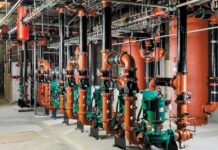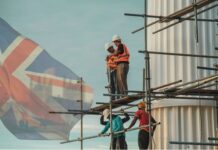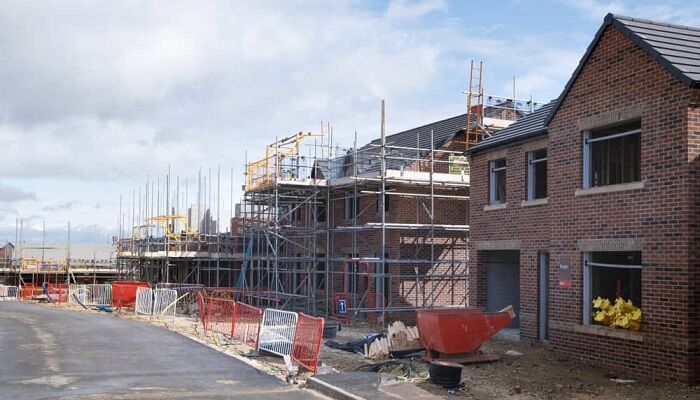More than half of the SME builders, who happened to be surveyed by the Federation of Master Builders- FMB went on to identify the planning system as their major obstacle when it came to delivering new homes.
It is well to be noted that inadequate resourcing as well as poor communication in planning departments happen to be major contributors, which go on to hinder the planning system and thereby lead to extra expenses.
The most prominent cause of additional costs was because of the planning delay. Out of the 127 members who happened to be surveyed, only 12% had a high degree of certainty in terms of the planning process.
The chief executive of FMB, Brian Berry, commenting on the survey’s findings, opined that for small builders, the survey makes it crystal clear that the system is very complex and costly. Communication from local planning authorities also happens to be poor. Without changing this, the planning issues are likely to be a barrier for some time.
The second biggest hurdle to the planning system is the restricted availability of mortgages, with 51% indicating this is a serious issue that needs to be taken care of.
The fact remains that buyer demand was at its lowest since 2015, when the survey went ahead with recording this data, with an average score coming to two out of five, with five being very good and nought very poor.
Interest rates continue to hold SME developers back
The survey went on to show that access to finance has gone on to receive its lowest rating in the last six years.
Notably, interest rate charges on new loans were quoted as the most prominent issue, restricting the capacity to build new homes.
53% cited self-build or even custom contracts as the most popular source of funding for a new project. 94% of the respondents suggested that it had become more expensive to build over the last 12 months. Apparently, 53% said it had become 20% more expensive, with one in five saying it was 30% more expensive for every site.
In the survey, half of the respondents said they would be upskilling their workforce, with 36% reporting that they would be hiring one or more apprentices.
More than 70% of respondents said they were not confident about the new rules when it came to biodiversity net gain, which go live in 2024.
Apart from this, more than half said there would be rising costs associated with future home standards in 2025 when gas boilers cannot be installed further.




































